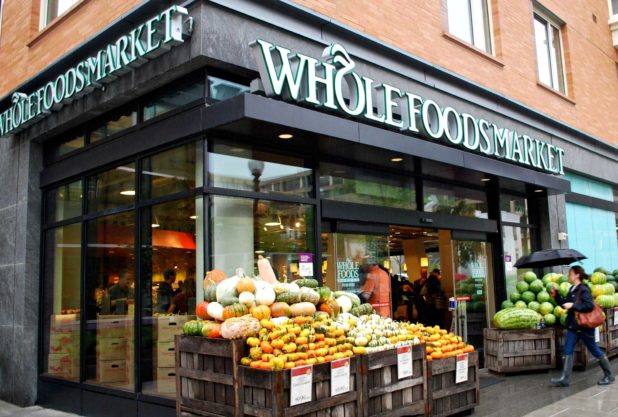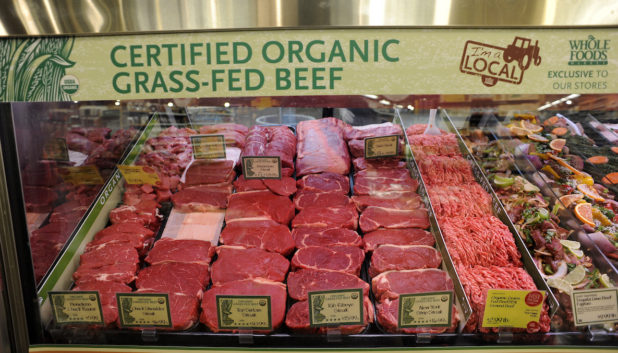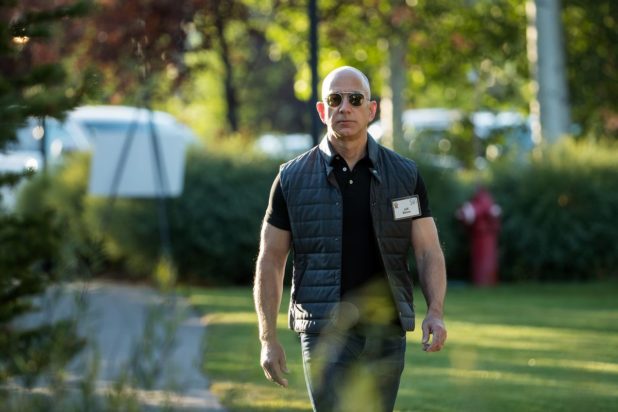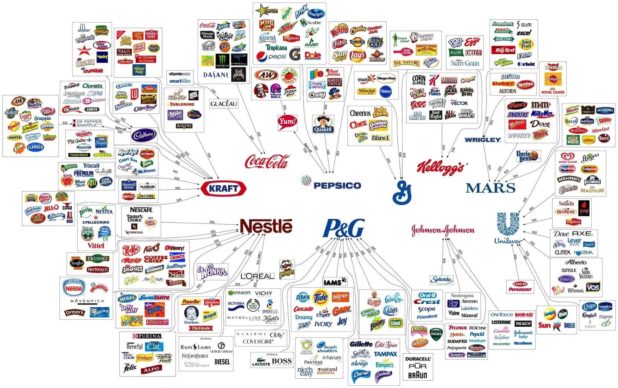Andrew Anglin
Daily Stormer
October 2, 2018
I’m not gonna lie.
I’m an organic health snob, and when I lived in the US, I loved Whole Foods deeply.
I loved being able to talk to the farmers who butchered my beef and pork, I loved being able to ask detailed questions about types of plastic being used and get detailed answers, I loved the whole feel of the store, with only white people doing white people shopping for white people foods.
I also had several friends who worked there, and got paid relatively great for having no college education, and even got benefits. They could also request transfers to different cities, and the company would help them move and set up in the new area.
It was a little bit like a cult. But a good cult. Mostly.
So even though I don’t have access to these stores anymore, it was sad for me when Amazon bought it. And I am not surprised the employees are sad too.
Whole Foods staff are worried that Amazon, the grocery chain’s new owner, is trying to turn them into “robots” and are seeking to set up a union to protect their jobs.
Workers at “America’s healthiest grocery store” say management is trying to cut jobs and reduce wages as they reshape the 38-year-old grocery chain in Amazon’s image.
“No one trusts Amazon and there are fears in upper management that Amazon will clean house if sales rates aren’t hit,” said one of the founders of the Whole Worker community in an interview. Staff are reluctant to speak on the record for fear of retaliation and the company has recently started training managers to fight back against union organization.
“They’re squeezing all they can out of the workers. Amazon gives little notice whenever they make changes. When they rolled in the Amazon Prime discount, they only gave stores ten to fourteen days of notice and no extra labor to handle the extra work.”
Whole Foods workers across the United States are beginning to collectively organize in an attempt to push back on changes made to the supermarket chain operations since Amazon acquired the company in August 2017.
On 6 September, a group of workers sent out a letter to Whole Foods stores across the country reaching out to fellow employees to discuss concerns with how Amazon has changed the company as part of the Whole Worker community.
They cited the “order-to-shelf system”, which began three years ago and has accelerated under Amazon, and mass layoffs of certain positions as some of the primary reasons Whole Foods workers are now coordinating efforts to unionize.
I wish them the best of luck trying to fight Amazon.
It hasn’t really worked out very well in the past for anyone who tried it.
I wish Elon Musk would have bought Whole Foods.
And banned Jews from shopping there.
I am hearing tell from my contacts in the states that the store is slowly replacing organic foods with non-organic foods, as well as foods from Mexico, while not lowering the prices.
I think it’s pretty much dead as the goto spot for health psychopaths.
I hope that the staff rises up and that this causes problems for the company and some new alternative can arise.
But the thing is, we live in an age of natural monopolies, because everything is so much cheaper when it is done big. That is the problem of modern “capitalism” – it destroys the ability of competition (the original concept of capitalism), because standardization, bulk ordering, bulk delivery mechanisms, etc. – it all makes it so much cheaper for big companies to do anything, making it impossible for a smaller company to ever compete.
Furthermore, we have the phenomenon of any smaller company that is successful being bought out at exorbitant prices (that no man can refuse) by the bigger companies, in order to ensure that the smaller company never becomes a bigger company capable of overtaking it.
Basically, consumerism and the machines have made the traditional concept of capitalism impossible. Especially with the last few decades of “deregulation” encouraging anti-competitive practices by large corporations.
I’m not sure what the exact answer is. But we need something different than we have now.
 Daily Stormer The Most Censored Publication in History
Daily Stormer The Most Censored Publication in History







